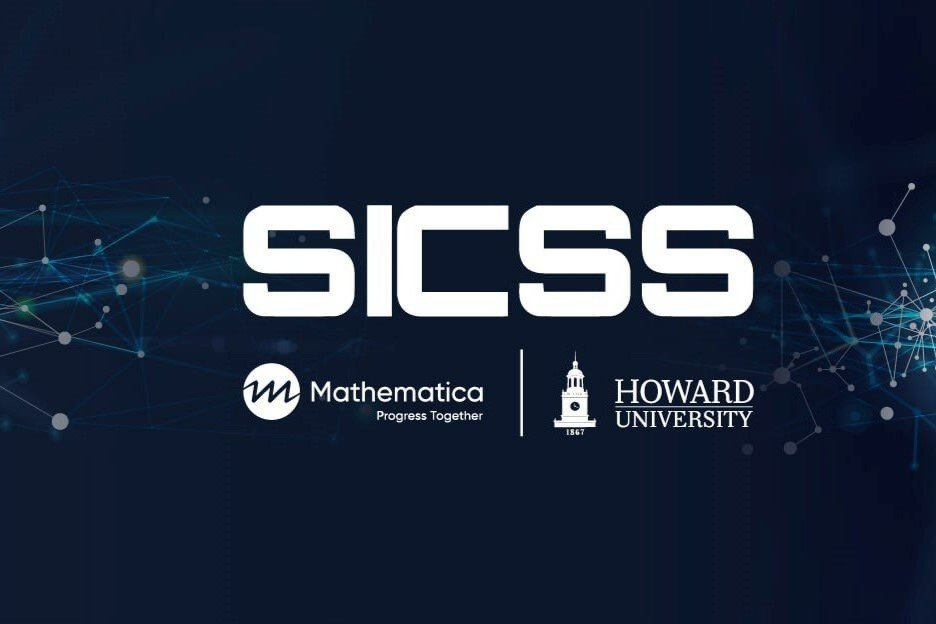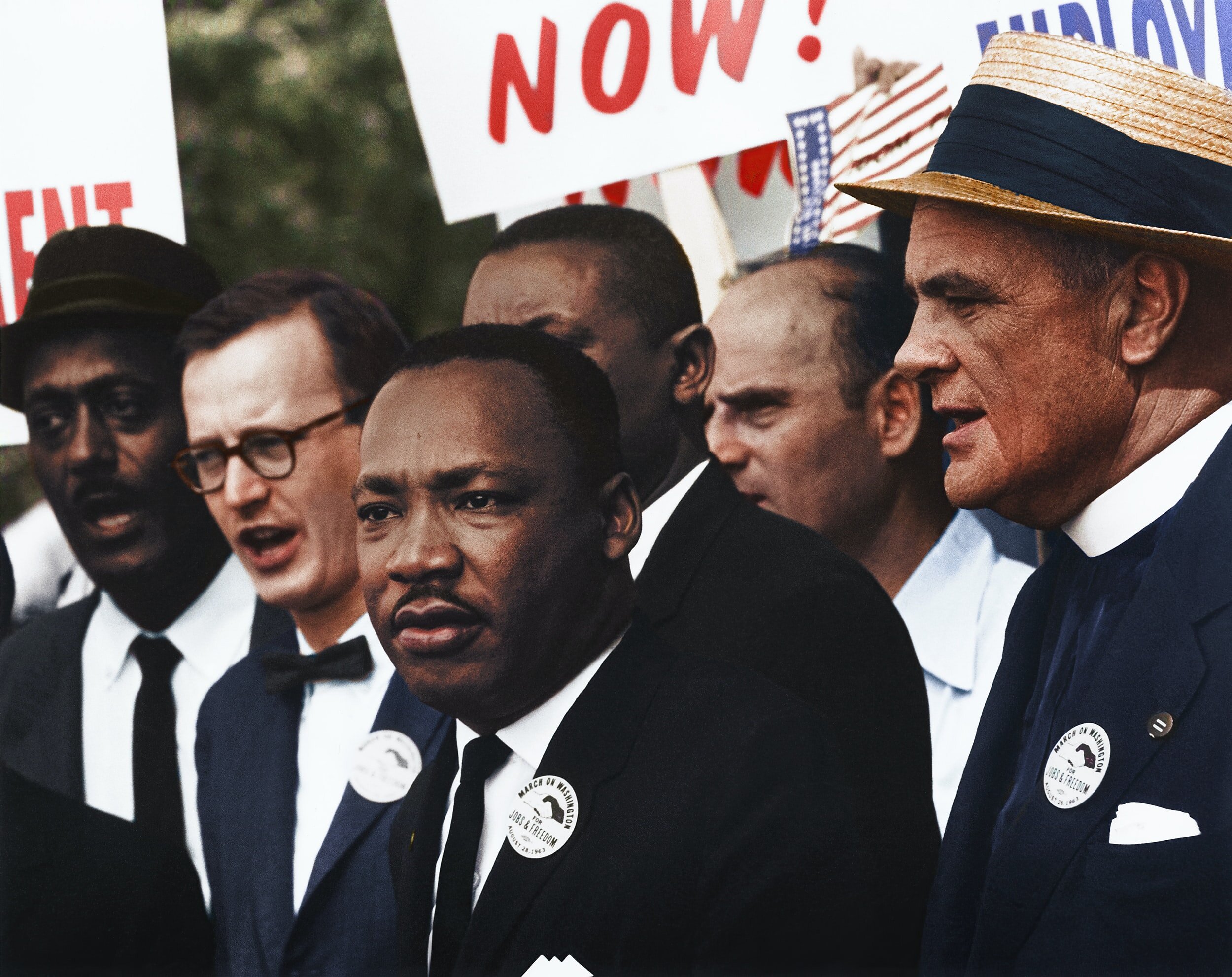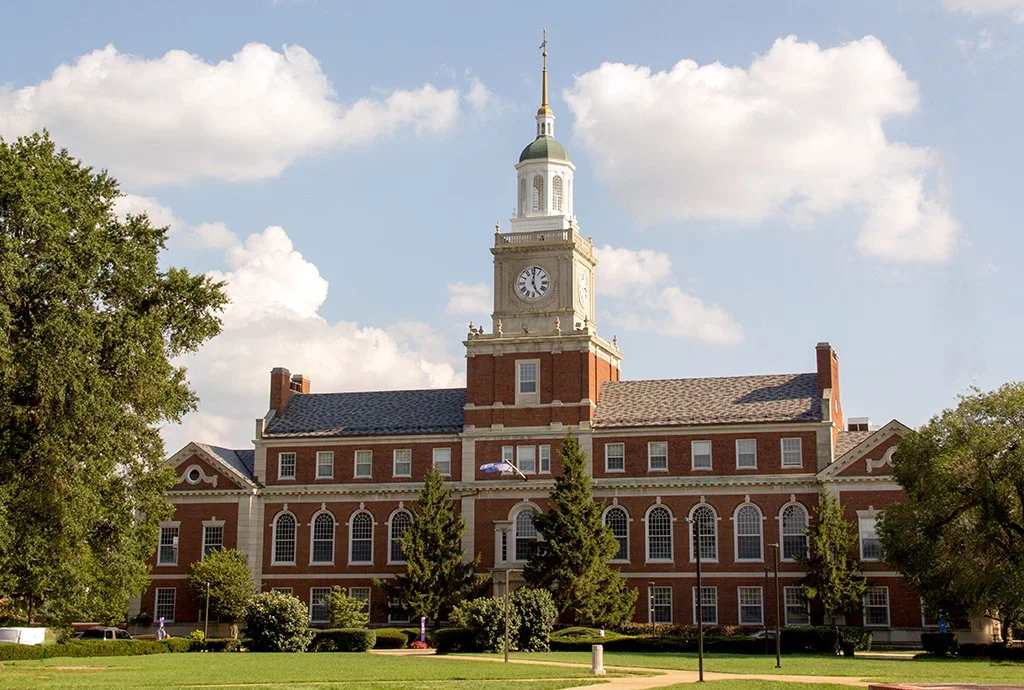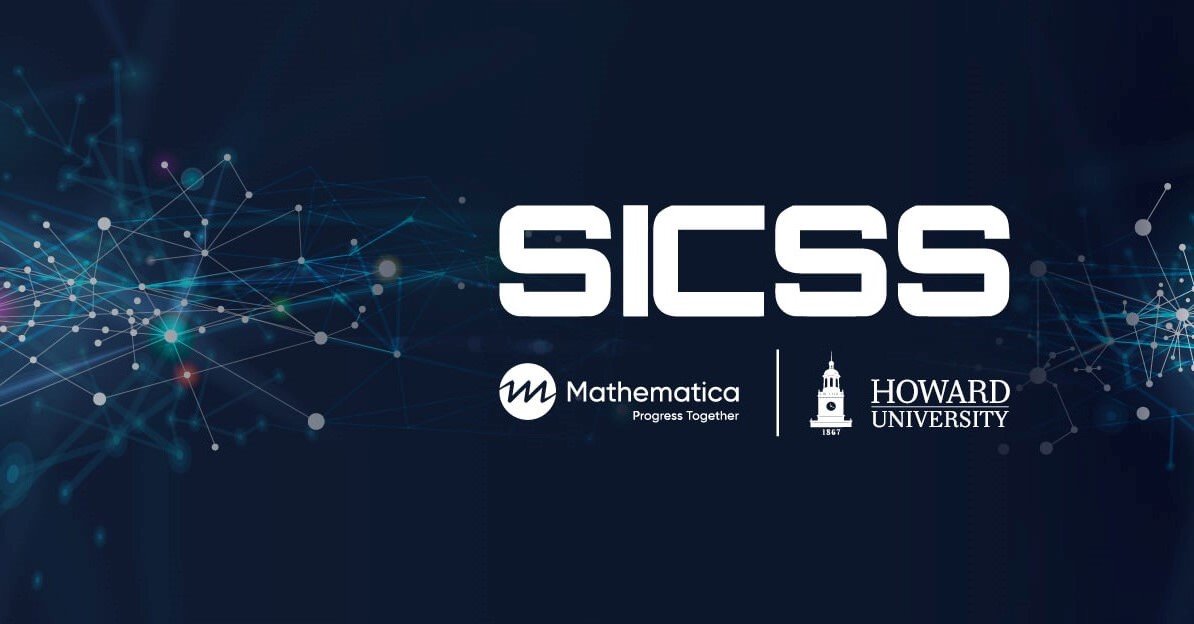Intellectual freedom and higher education: Critique and resistance
by Janet Salmons, Ph.D., Research Community Manager for Sage Methodspace
All of us experienced a time of upheaval in 2020, when the Covid 19 pandemic caused campus shutdowns and travel restrictions. In the United States, 2020 also brought an election like no other, with hopes that a new President would signify a new era that celebrated participatory democracy and an equitable society.
Given the implications of these events for academics and researchers, Dr. Marc Spooner planned a panel at the International Congress of Qualitative Inquiry 2020 conference to discuss these matters. After the conference was cancelled, Spooner instead put together a special issue for the Qualitative Inquiry journal: Higher Education in the Time of Trump and Beyond: Resistance and Critique, with contributions from would-be panelists.
In the three years since the proposed panel, problems have not abated. Indeed, the situation has gotten dramatically worse. In the United States, anti-intellectual trends have metastasized into fights about the freedom to read books of one’s choice, offer curricula or training in subjects related to broad definitions of diversity, study and discuss topics related to race or to LGBTQ+ experiences, or to publish and distribute books that include content on human sexuality. Practices for faculty hiring and tenure are being called into question. These threats to intellectual and academic freedom create challenges for researchers who study topics now deemed controversial. Sometimes the threats are in a tangible form, with specific researchers called out by name and put into legal jeopardy for studying the same kinds of questions they have explored for years without concern.
Given these ongoing concerns, Dr. Spooner is joining with Methodspace to explore not only what is going on, but what we can do. This is the first post of a series on these issues. He asks:
It is clear that we have been living and working during the populist high tide of a conservative and authoritarian movement. Have we ourselves been swamped by it? And if we are still standing on the shore, can our expertise and our experiences be deployed to construct a breakwater—that defense that our society needs more than ever—of critical thought, justice, and evidence-based action?
In this interview, Dr. Spooner joins me for a discussion about the importance of awareness and action in these times.
Articles from the special issue and related studies
These articles are available open-access. Those with a star* are only open for the month of June.
Introduction to the special issue:
Spooner, M. (2023). Higher Education in the Time of Trump and Beyond: Resistance and Critique. Qualitative Inquiry, 29(3–4), 407–409. https://doi.org/10.1177/10778004221131018
Abstract. The current Qualitative Inquiry partial special issue titled “Higher Education in the Time of Trump and Beyond: Resistance and Critique” is based on a similarly themed plenary panel that was to take place at the International Congress of Qualitative Inquiry in 2020. Alas, like so many other events, it was canceled due to the COVID-19 pandemic.
Alexander, B. K. (2023). A Welcome, A Warning, and A Wish: On Entering a Doctoral Program in Educational Leadership for Social Justice in the Year 2020. Qualitative Inquiry, 29(3–4), 410–416. https://doi.org/10.1177/1077800420948086*
Abstract. After the cancellation of the International Congress of Qualitative Inquiry (2020) due to the Coronavirus pandemic (COVID-19), the substantive content of my presentation for the plenary, “Higher Education in the Time of Trump: Resistance and Critique” came into confluence with my invitation to deliver the 2020 Keynote to the 17th Incoming Cohort of the doctorate program in Educational Leadership for Social Justice, School of Education, Loyola Marymount University. This presentation delivered via ZOOM on June 18, 2020, calls forth a broader confluence of our current political climate under the “leadership” of Donald J. Trump, COVID-19, and national social justice activism linked with the Black Lives Matter Movement. Truly we are living protest and recovery in repressive times with a connectivity between the three. This message is both particular and plural to the audience that it was originally presented, and now to a diverse readership in these repressive times.
Ayala, J., Fine, M., Mendez, M. del C., Mendoza, A. N. J., Rivera, J. C. G., Finesurrey, S., Villeda, A., Thelusca, H., Mena, V., Azzam, K., Galletta, A., Houston, A., jones, vanessa, & Mungo, D. (2023). ENCUENTROS: Decolonizing the Academy and Mobilizing for Justice. Qualitative Inquiry, 29(3–4), 417–431. https://doi.org/10.1177/1077800420960161
Abstract. In this article, we try to capture a moment when we were relatively steady in our belief that as persons working in/through the academy, we are accountable to the temblores, to take up the project of decolonizing the curriculum, democratizing our pedagogy, and sharing the very space we occupy with those most affected by current assaults on immigrants and people of color in the United States. We still believe this, perhaps even more from our homes of quarantine. Our universities are obligated to build ligaments of solidarity—material, intellectual, political, ethical—and spaces of sanctuary.
McAllister, Á., & Brown, N. (2023). Competition and Collaboration in Higher Education: An (Auto)Ethnographic Poetic Inquiry. Qualitative Inquiry, 0(0). https://doi.org/10.1177/10778004231176278
Abstract. Higher education is in flux with more precarity, a stronger focus on effectiveness, and productivity having resulted in a competitive and hostile culture. For this article, we take a proactive approach to counteract the narrative of silencing by exploring the opportunities collaboration may afford. Drawing on our personal experiences, professional knowledge, and research, we engaged in a collaborative form of poetic inquiry. Our contribution in this article lies with the links we make between collaboration, creativity through autoethnographic poetic inquiry, and translanguaging. This approach constitutes a model for collaboration which counteracts the silencing impact of the contemporary competitive academic culture.
Roulston, K., & Stich, A. E. (2023). Preparing Future Scholars in Repressive Times. Qualitative Inquiry, 29(3–4), 446–455. https://doi.org/10.1177/10778004221103220*
Abstract. The need for qualitative research that facilitates understanding of the social world is imperative as people around the globe encounter political, economic, environmental, health, and social crises. Higher education presses for preparing scholars to be creative, collaborative, and productive to examine these problems. In increasingly repressive contexts, the preparation of new scholars entails envisioning post-capitalist approaches to attend to how to live and work in the academy. This article uses concepts from Braidotti’s critical posthumanism and Lefebvre’s work on rhythmanalysis to imagine post-capitalist approaches to preparing future qualitative scholars for work in the neoliberal institution.
Williams, L. A., & Grande, S. (2023). Trumpocalypse and the Historical Limits of Higher Education Policy: Making the Case for Study/Struggle. Qualitative Inquiry, 29(3–4), 432–445. https://doi.org/10.1177/10778004211014615*
Abstract. This essay highlights the limits of liberal reform policies designed to increase access to higher education for minoritized and marginalized groups. First, we discuss Trump’s higher education agenda, focusing on his antipathy toward these populations and his commitment to White supremacy. We then focus on affirmative action in college admissions as an exemplar of a liberal racial equity policy, sketching its history, which illustrates its anemic effect, and White countermobilization against change that existed long before Trump. Next, we detail Trump’s efforts to eliminate this policy, which is part of the same populist, ethno-nationalist, anti-immigrant, anti-Black ideological campaign that has galvanized White voters across time. Ultimately, we argue that unbridled power won’t yield to liberal reforms. As such, we shift our focus to how higher education might be reimagined as a site of transformation, offering a series of provocations for a new horizon of racial equity in universities and society.






















